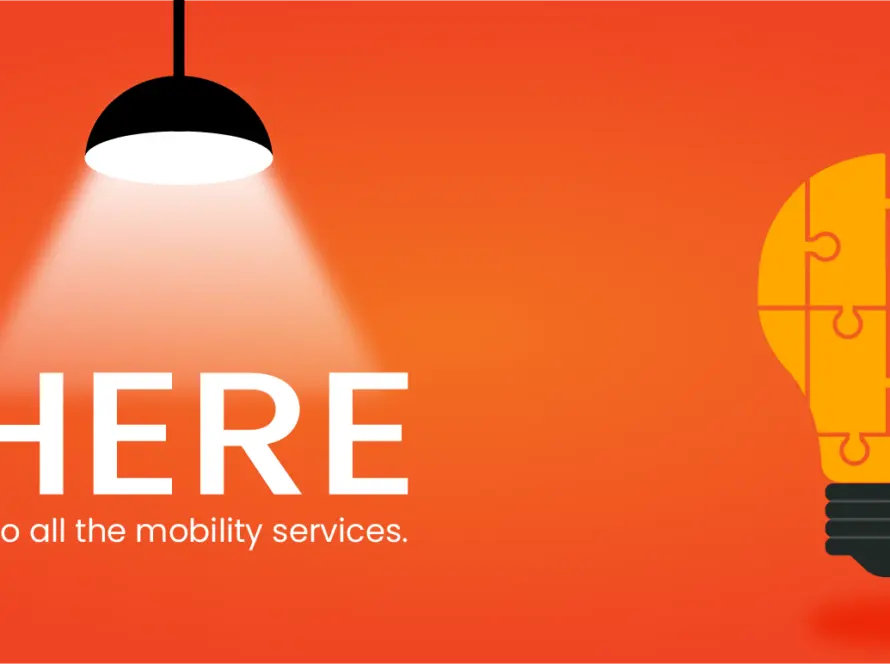Introduction
In the digital age, social media marketing has emerged as a vital component of marketing strategies for businesses of all sizes. Leveraging social media platforms to connect with audiences, promote products, and build brand loyalty is essential for staying competitive in today’s market. This article explores what social media marketing is and highlights the numerous benefits it offers.
What is Social Media Marketing?
Social media marketing involves using social media platforms to achieve marketing goals. It includes activities such as creating and sharing content, engaging with followers, running advertisements, and analyzing performance metrics. Popular platforms for social media marketing include Facebook, Instagram, Twitter, LinkedIn, TikTok, and Pinterest. Each platform offers unique tools and features that marketers can use to target specific audiences and achieve various objectives, from brand awareness to direct sales.
Key Components of Social Media Marketing
- Content Creation: Developing engaging and relevant content such as posts, videos, stories, and blogs to attract and retain a target audience.
- Community Management: Interacting with followers, responding to comments and messages, and fostering a sense of community around the brand.
- Advertising: Running paid campaigns to reach a broader audience and achieve specific marketing goals like lead generation or sales.
- Analytics and Reporting: Using analytics tools to measure the performance of social media activities and adjust strategies accordingly.
Benefits of Social Media Marketing
1. Increased Brand Awareness
Social media platforms offer an unparalleled opportunity to reach a vast audience. By consistently posting engaging content and interacting with users, businesses can significantly increase their brand visibility. As users share content with their networks, brand messages can quickly reach a larger audience, boosting overall awareness.
2. Enhanced Customer Engagement
Social media enables direct communication between businesses and consumers. This interaction fosters stronger relationships, as businesses can respond to customer inquiries, receive feedback, and engage in meaningful conversations. Enhanced customer engagement can lead to increased loyalty and long-term customer relationships.
3. Targeted Advertising
Social media platforms provide advanced targeting options that allow businesses to reach specific demographics, interests, and behaviors. This precise targeting ensures that marketing efforts are directed toward the most relevant audience, maximizing the efficiency of advertising spend and increasing the likelihood of conversions.
4. Cost-Effective Marketing
Compared to traditional advertising methods, social media marketing is relatively cost-effective. Many platforms offer free business profiles and tools, while paid advertising options can be tailored to fit various budgets. This affordability makes social media marketing accessible to small businesses and startups.
5. Improved Customer Insights
Social media platforms offer valuable data and analytics that help businesses understand their audience better. Insights into user behavior, preferences, and engagement metrics enable businesses to refine their marketing strategies and create more personalized content that resonates with their audience.
6. Higher Conversion Rates
With the ability to engage directly with potential customers and address their needs in real-time, social media marketing can lead to higher conversion rates. Personalized interactions and prompt responses to queries can significantly influence purchasing decisions.
7. Competitive Advantage
Incorporating social media marketing into a business strategy can provide a competitive edge. By staying active on social media, businesses can keep up with industry trends, monitor competitors, and quickly adapt to changes in the market.
Conclusion
Social media marketing is an essential tool for businesses aiming to thrive in the digital landscape. It offers numerous benefits, including increased brand awareness, enhanced customer engagement, targeted advertising, cost-effectiveness, improved customer insights, higher conversion rates, and a competitive advantage. As social media continues to evolve, businesses that effectively leverage these platforms will be well-positioned to achieve their marketing goals and drive long-term success.





